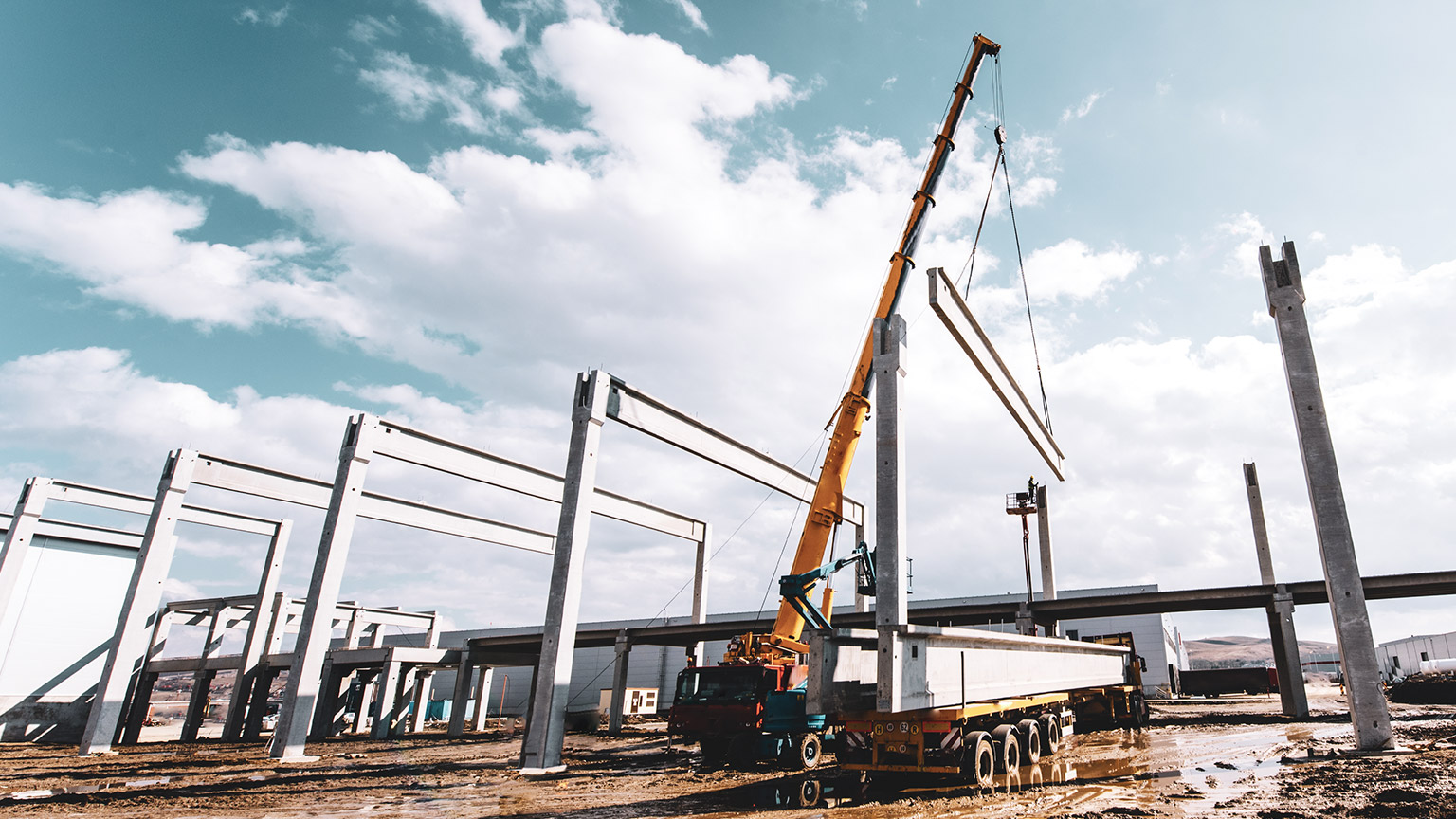Welcome to the Apply building codes and standards to the construction process for Class 2 to 9 Type C buildings module. This module covers the necessary information to understand and gain the knowledge to access, interpret, and apply relevant building codes and standards applicable to National Construction Code (NCC) Class 2 to 9 Type C building projects. You will learn how to classify buildings, determine construction compliance requirements from NCC, and apply fire protection requirements to Type C building projects.
Types of buildings
Depending on the class of a building and the number of stories there will be different requirements in relation to the buildings ability to withstand a fire. The NCC has broken this down into three (3) types of construction, Type A, B, and C, and these can be simply identified through the illustration below (buildings over 25m effective height have additional requirements eg. sprinklers, stair pressurisation etc):
Adapted from ‘The BCA made simple – Part 3’ by Jerry Tyrrell, Building Connection Magazine, Summer 2006, © Lanella Media
- Type A includes buildings that have a higher risk. This includes buildings like high rises or apartment blocks with high occupancy.
- Type B falls in between type A and type C construction types.
- Type C includes buildings that have a lower risk and is, therefore, the least fire-resistant.
NCC Volume One Section C provides detailed information in relation to the fire resistance for buildings.

